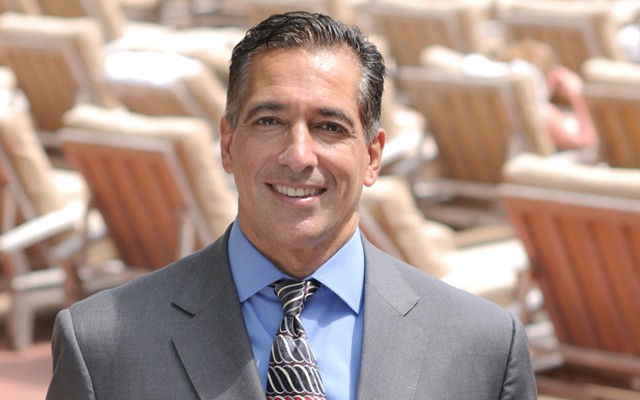I don’t believe most of us enjoy worrying. But that doesn’t stop us from doing it all the time. And very often, we feed our worries — fueling them in ways that encourage them to swell to several times their natural size.
One of worry’s favorite times to strike is at night. With nothing to distract or direct them, our brains become vulnerable to thought incursions. There we are, trying to fall asleep, and suddenly we are beset by a seemingly endless supply of unresolvable problems, each of them looming bigger as the night wears on.
How many times has each of us gotten up after a long, anxiety-filled night only to realize that most of what we were worrying about was not nearly as big a deal as it seemed the night before?
One thing I’ve learned about worry is that the vast majority of it is pointless and a terrible waste of time. So much of what we worry about involves things that happened in the past and that we therefore can’t do anything about. Perhaps an even bigger chunk of what we worry about involves the future — things that have not happened and may very well never happen.
In the right-here-and-now present, there’s usually surprisingly little to worry about. There’s just the fact of what is, the real experience of life, and there are choices to be made in the moment. Most often, it’s our judgments of what’s good or bad, our interpretations of what it all means, and our projections of how a current situation may relate to the past or influence our future that make us anxious and miserable.
Each moment gives us options to choose from, challenges to deal with. And equipped with a clear mind and heart, we’d be reasonably well prepared to deal with most of those challenges. But when we find ourselves overwhelmed with worry, our capacity is drastically diminished. The stress response is triggered: Our thoughts race, our bloodstream is flooded with cortisol and adrenaline, our brains are disrupted by chaotic, discordant onslaughts of beta waves. And as a result, our worries feel — and effectively become — that much more overwhelming.
I think if we were to categorically break it all down, we’d find that no more than 5 percent of what we worry about on an ongoing basis is stuff that really deserves our focus and thought. And the stuff that does deserve our attention probably isn’t getting it — precisely because we are worrying so much about everything else.
Years ago, I saw this play out with a friend of mine. He was sick with worry over a situation at work — a dynamic with some colleagues that he thought might undermine his success or get him fired. It wasn’t a situation he was willing to address head on, but he obsessed about it constantly. It distracted him, affecting his personal relationships and professional effectiveness in ways that anyone could see were destructive. It affected his confidence, his health and his willingness to take care of himself.
Eventually he became almost suicidal with worry. We had a talk, and I encouraged him to put things in perspective. Certainly nothing here was worth dying over, and really, nothing was worth making himself as miserable as he was. If it came down to finding another job, he could and would. But given that it wasn’t even clear that his job was in jeopardy, I suggested that he start dealing with the real situation at hand and redirect the energy he was currently investing in worry into more productive pursuits.
A year later, he still had the same job. Nothing had changed. The underlying problem still hadn’t been resolved, but he was in a better place and more capable of making rational decisions about his own future. It was clear to me that if he’d continued on his previous path, he would have spent the entire year worrying for absolutely nothing. And most likely, he would have made himself ill and unemployed in the process.
There are lots of ways to break down worrisome thoughts (for one particularly effective method, check out Byron Katie’s approach, described in the article “Coming to Terms”). There are also many rituals by which we can halt the uncontrolled growth of our worries and deal better with the present moment (try Thomas Crum’s method described in “Three Deep Breaths”).
But the most important thing we can do is recognize that in and of itself, worry is not a productive or helpful response to anything. At best, it’s an invitation to become aware of our authentic desires and highest choices in the moment, and in that way, shrink our worries back down to size.
Bahram Akradi is the founder and CEO of Life Time Fitness.



This Post Has 0 Comments